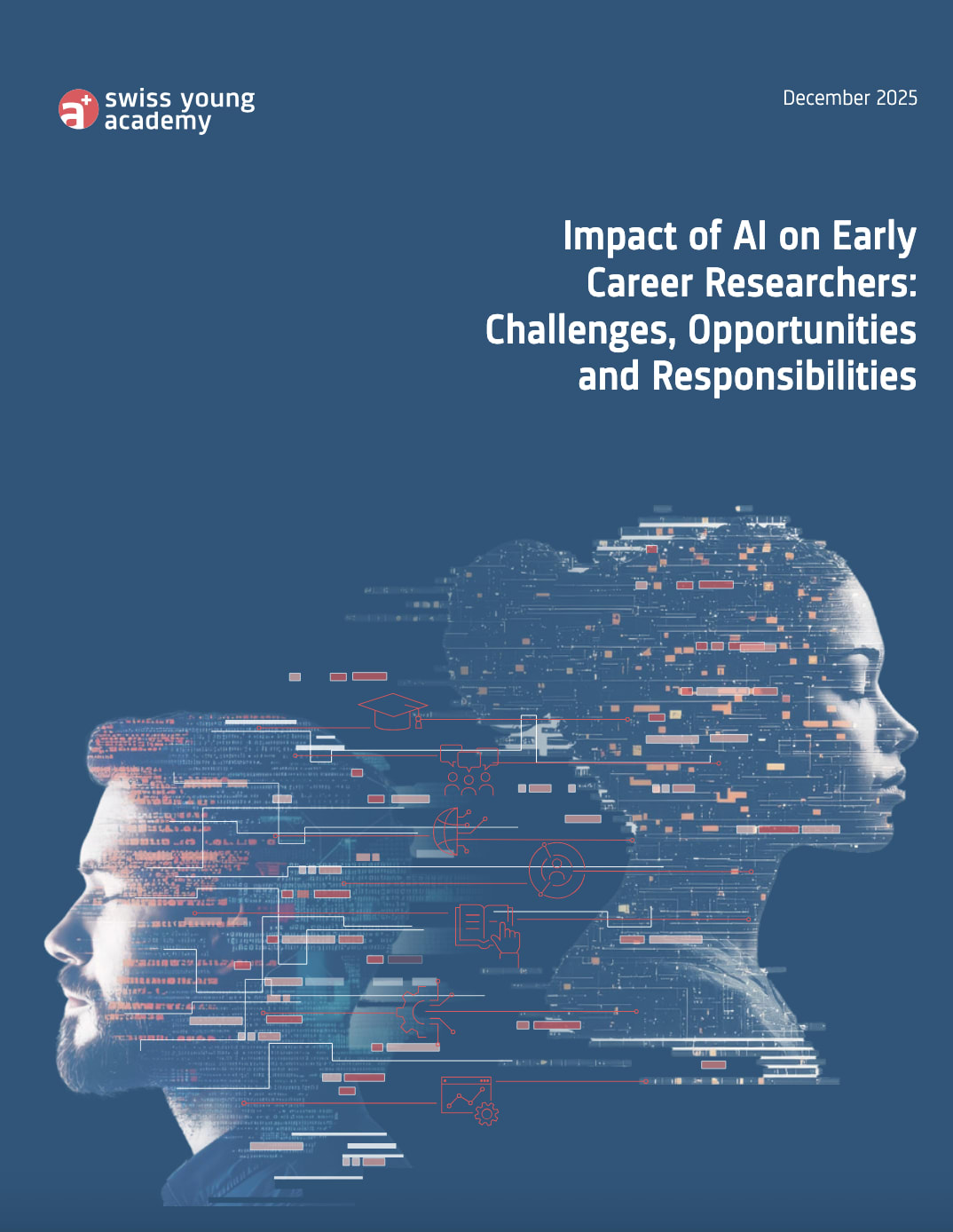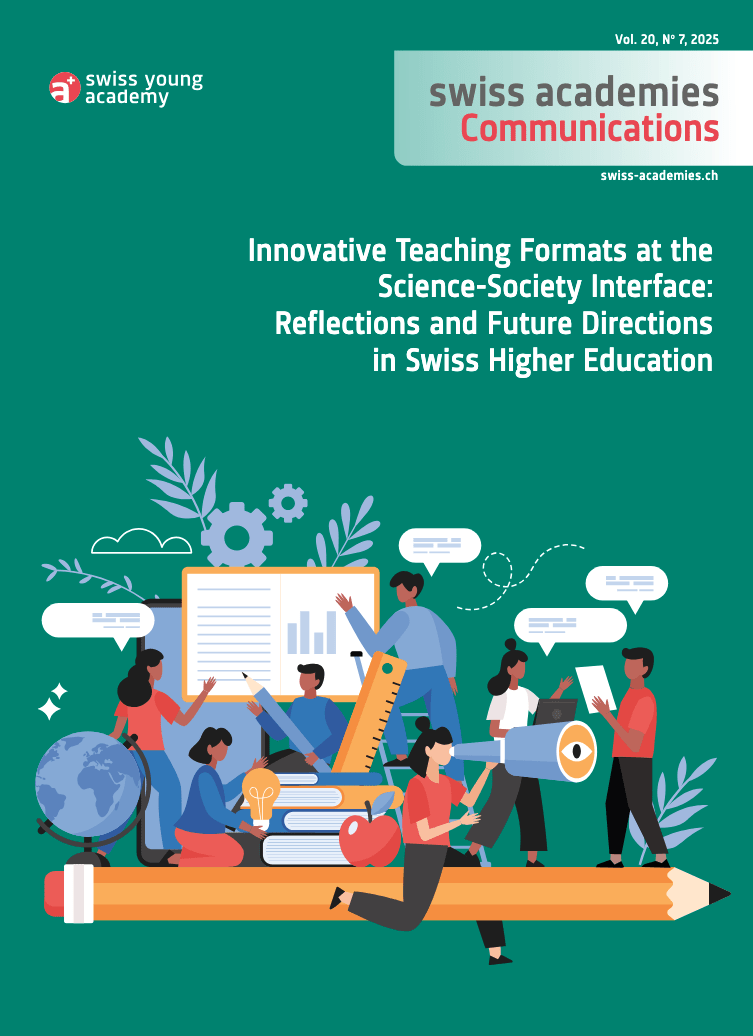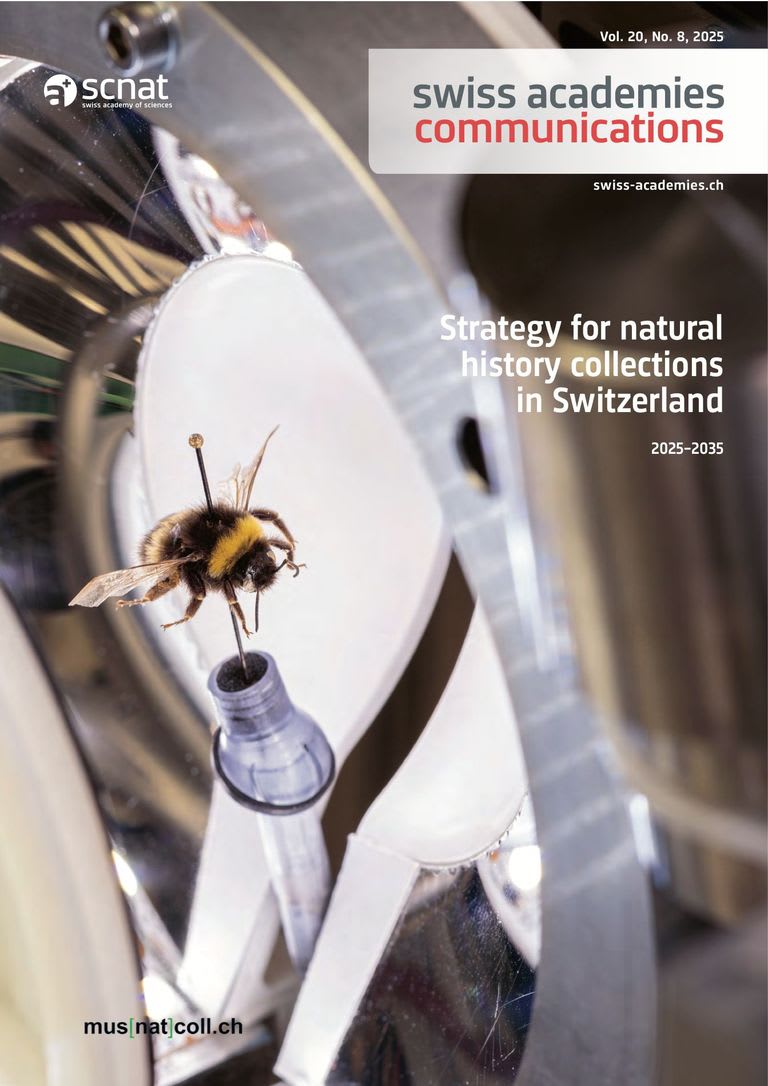Swiss Academies of Arts and Sciences
Neonicotinoids and their substitutes in sustainable pest control
The EU must close loopholes to prevent the 2018 ban on the three main neonicotinoids from being further undermined, according to a new report by European Academies.
Neonicotinoids, a class of insecticides, indiscriminately affect pollinators and other beneficial insects, thereby threatening biodiversity and longer-term food security. The scientific report commends the EU’s Integrated Pest Management as the primary route to sustainable agriculture, that included banning three neonicotinoids. Yet it identifies loopholes in its implementation: studies that show that seven out of ten honey samples in the EU still contain traces of at least one of the bee-toxic pesticides. “It is counterproductive to kill everything, since once the pest adapts to the pesticide, there may be no natural enemies remaining, let alone essential pollinators. It is a similar problem to that we are seeing with the wide use of antibiotics,” comments Edward Mitchell of the University of Neuchâtel, who had contributed to the new report as delegate of the Swiss Academies of Arts and Sciences.




